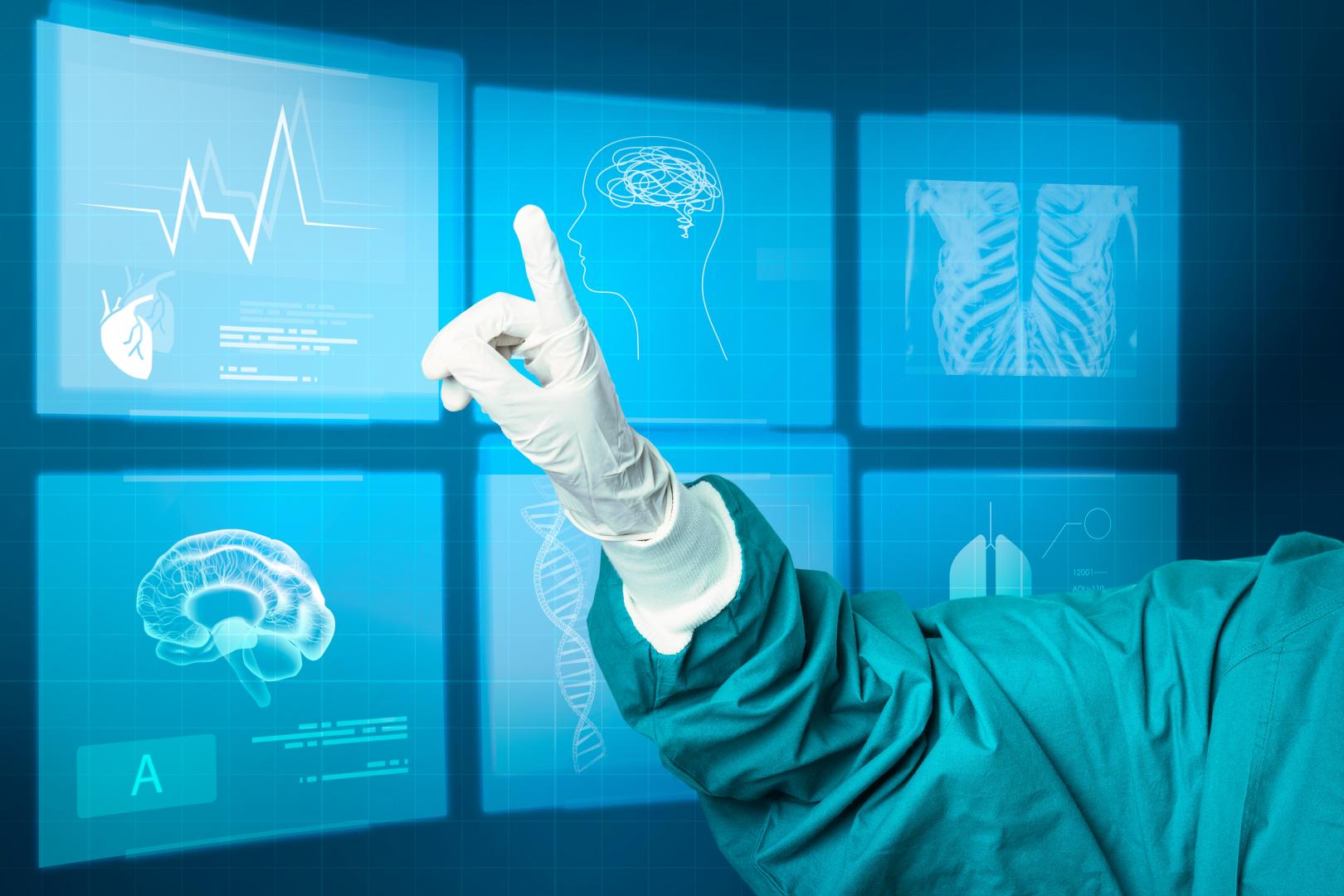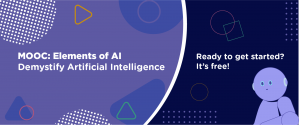
Demystifying AI in Healthcare
Demystifying AI in Healthcare
17 February 2023 - Digital Learning
When talking about the benefits of AI in our society, an area that one might not think of immediately is healthcare. Yet, even there, AI is being used to our advantage, and very much thanks to data or rather big data. In order to help demystify AI and its relation to healthcare, we talked to Prof. Dr. med. Jochen Klucken, Chair of Digital Medicine at the University of Luxembourg, CHL, LIH.
Prof. Klucken, in your opinion, what problems can AI solve in healthcare? And how do you see it evolving in the future?
“AI” or better machine learning will help us analyse large data sets and find relevant information for healthcare processes. Especially the diagnostic support by the predictive power is and will be very useful since AI can process simply more information than a classical intelligence or individual know-how. Here, I see a substantial benefit in healthcare, especially in diagnostic procedures – this also includes preventive strategies where genetic or behavioural risk patterns can be “diagnosed” or detected by predictive AI. Future continuously learning AI will also continuously improve the precision and accuracy of its predictive performance – an important prerequisite to be accepted in healthcare.
One question immediately pops up when dealing with health data: What dangers – such as regarding data protection – exist and how can it be guaranteed that this data will not be misused?
To me, the most important challenge when thinking about health data is the related transparency that will be provided by future (available) data: For our individual treatment success, everyone is usually willing to provide any data that serves this personalised need. And the growing availability of data is enabling this – supporting personalised medicine. However, the same data also provides a new level of transparency and we as a society have to learn what this means and how to handle it. This aspect has to be seen in addition to the data protection need which is probably more of a legal requirement regulating data governance and data breaches/misuse.
The gender bias gap is a serious challenge for AI in health. Are there any initiatives – internationally and in Luxembourg – to tackle the issue?
Gender bias is as general a challenge in healthcare as it is in our society. From a patient perspective, this affects – among other aspects – the access to healthcare. In a recent new legal framework defining the targets for innovative healthcare technologies in Germany, access to healthcare is one key target. This is a perfect opportunity for developing new healthcare technologies that address these needs – potentially including gender aspects as well. But more importantly, from an AI perspective that aims to predict for example the risk to develop specific diseases, “gender” is one relevant piece of information since we know that for several diseases, we see a clear gender-dependent difference in the prevalence. Thus, “gender” has to be considered as relevant health information enabling us to better understand, diagnose and treat by using AI approaches. This also allows us to detect gender-based inequalities in access to healthcare – one area in which research projects are being conducted in Luxembourg. (https://www.medicalnewstoday.com/articles/gender-bias-in-healthcare).
What are your current projects using AI?
We are participating in a large EU consortium that aims to identify the different patient characteristics of Parkinson’s disease making use of a variety of parameters that are measured during the disease progression. These parameters include brain imaging, clinical examination results, sensor-based gait parameters, voice recordings and other information that is recorded in patients over time – during the progression of the disease. AI should help us to identify the individual pathways because we already know that not every patient develops the same symptoms, or that the disease does not progress with the same speed over time. But in order to decide if a single patient is well treated, if the progression is fast or slow, and what will be the future for this patient, it is important to identify the so-called “patient trajectories” – or in other words the individual changes of the data patterns. AI helps us to identify a more individual and personalised disease pathway – based on the available data.
Last question, Prof. Klucken: In the end, will artificial intelligence ever be able to replace doctors (e.g.: radiologists)?
You could also ask if artificial intelligence will replace humankind. Or if technology, in general, will render human interventions in healthcare professions useless. But the same questions were asked when the X-ray systems were developed to give better insight into the body. I think it is a general fear of human beings being replaced by technology. With the work we do in the field of digital medicine, we try to make use of artificial intelligence to support healthcare professionals and patients to make their decisions better and to improve healthcare outcomes. And yes, this affects the way we conduct healthcare and it will also affect the way healthcare professionals work, but I believe it will not replace them. The “human factor” in the communication between healthcare professionals and their patients will always be needed – the question is: how will this “human intelligence” align with this need?
Thank you, Prof. Klucken, for this insight. Whenever we take a look at how AI is being used – even in sensitive areas – we can notice one thing: The most valuable results appear to be rooted in a harmonious collaboration between the human and the artificial intelligence. AI enables us to go a step further.
And if this has sparked your interest, we have something more for you:
Elements of AI is a series of free online courses on Artificial Intelligence (AI) created by MinnaLearn and the University of Helsinki. The courses deliver the basics of what AI is, how it works and how it can be used. They combine theory with practical exercises and can be completed at your own pace. Join this uniquely fascinating MOOC on what AI really is, how it is created and how it will affect us in the coming years, now also in Luxembourg on: https://www.elementsofai.lu/
This article is also available at : https://www.siliconluxembourg.lu/demystifying-ai-in-healthcare/
Share this article on :


